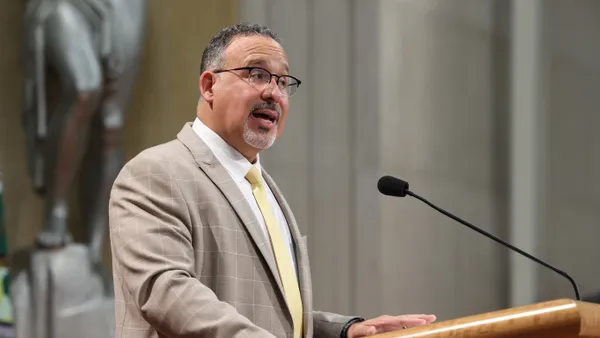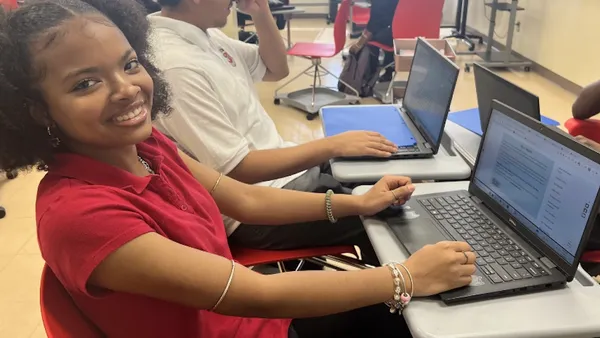Though still a relatively new concept, competency-based, direct assessment programs are making important gains towards meeting the needs of working adult students and supporting their economic mobility. But as adult learners demand more flexibility from higher education institutions to accommodate personal and professional responsibilities, higher ed institutions must work together with legislators and regulatory agencies to build upon this momentum with policies that promote competency-based education (CBE), encourage direct assessment adoptions and expand flexible programs. We have to meet adult learners where they are in order to help them succeed, and expanding these programs is a good first step.
As mentioned in our previous article, CBE models include traditional programs that incorporate competency-based learning but are still measuring progress by clock time and credit hours, as well as those that are building entirely new instructional models that are not tied to credit hours.
Today, approximately 600 colleges and universities offer some form of CBE and only a handful offer direct assessment—a more progressive type of CBE which separates learning from the arbitrary time constraints of seat time.
CBE and direct assessment programs are often difficult and expensive to implement; adoption is hindered by the rather bureaucratic financial aid system and a lack of data infrastructure to measure outcomes. For institutions, lawmakers and regulators to get it right when it comes to competency-based, direct assessment programs, there are a few items that must continue to be reviewed and enhanced, especially as we look towards the future:
-
A Financial Aid Infrastructure that Works.
The existing federal financial aid system—based on credit hours and assuming traditional enrollment patterns—is not optimal for evolving learning models. In July 2021, the U.S. Department of Education implemented a rule change that ultimately creates a framework for delivering federal financial aid to direct assessment programs using subscription periods. This new framework bases student eligibility on a form of academic progression that more accurately reflects the educational course of part-time students. These changes are a step in the right direction, but more evolution is necessary to ensure that financial aid awarding and disbursing models aren't a barrier to these types of programs.
-
Redefine the Credit Hour.
Financial aid remains tied to the credit hour, requiring difficult translations from CBE programs. Continued use of the credit hour in flexible programs means that these programs cannot be as nimble as they need to be to meet the demands of the contemporary student. CBE leaders, policymakers and researchers must develop an additional unit of measure for competency-based learning that can measure modern styles of learning, while providing a more seamless interaction with federal financial aid programs.
-
Review Outcomes and Results of Successful Programs
Understanding the potential and existing impact of CBE will also be critical to further adoption of these programs. Studying initiatives like FlexPath and identifying investment opportunities in data infrastructure could help develop policies that are more outcome-driven. These results should stand alone, but they should also be studied against results observed within credit-hour programs. This work stands to benefit not just institutions—and their students—but also employers and other stakeholders who may benefit when graduates possess professionally aligned skills.
CBE and the direct assessment format have been incredibly beneficial to students at Capella. By personalizing the pace and content of education, we've seen that adult learners are more likely to remain engaged in their coursework and enthusiastic about the program – ultimately resulting in better real-world outcomes for the individual as well as their current and future employers. When adult students decide to return to school, they bring with them valuable and relevant real-world experiences. When counted towards a degree program, this experience could help them earn a degree more affordably. Institutions, lawmakers and regulators can support the success and economic mobility of adult learners by doing their part to make that happen.










